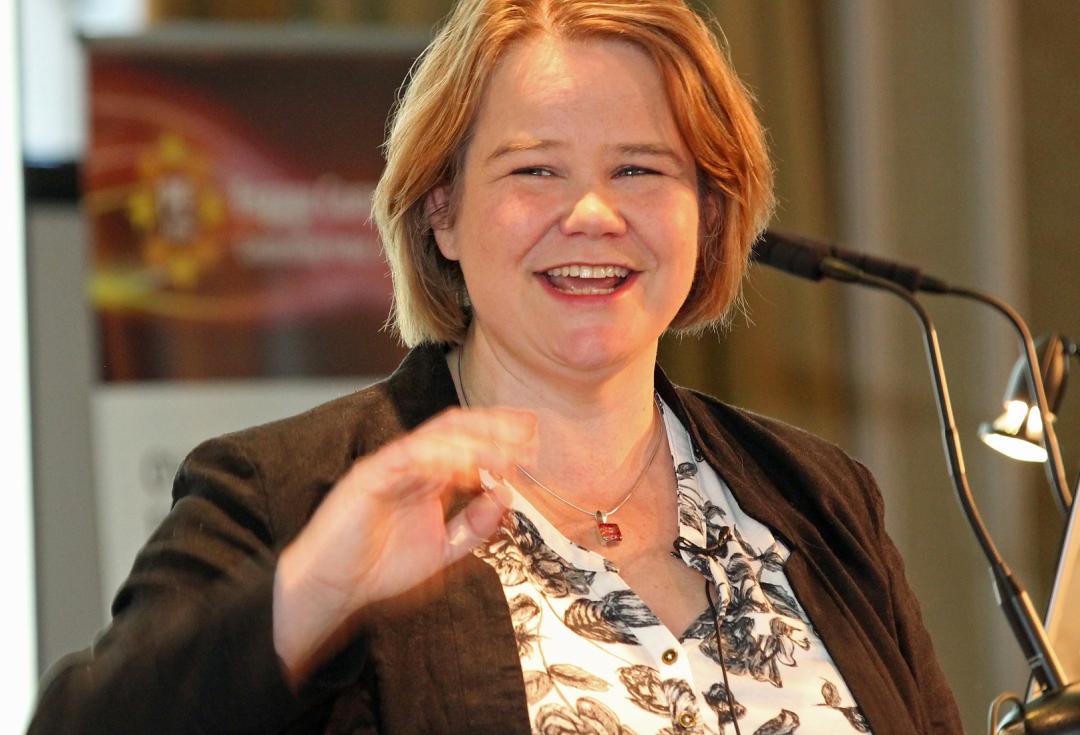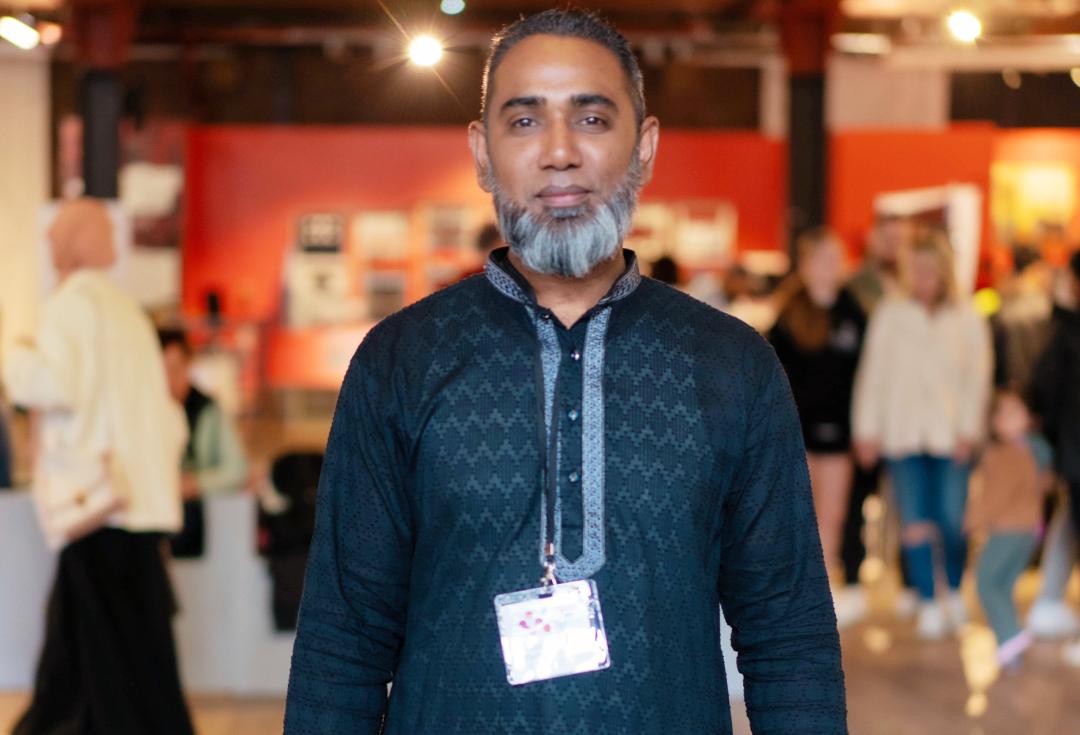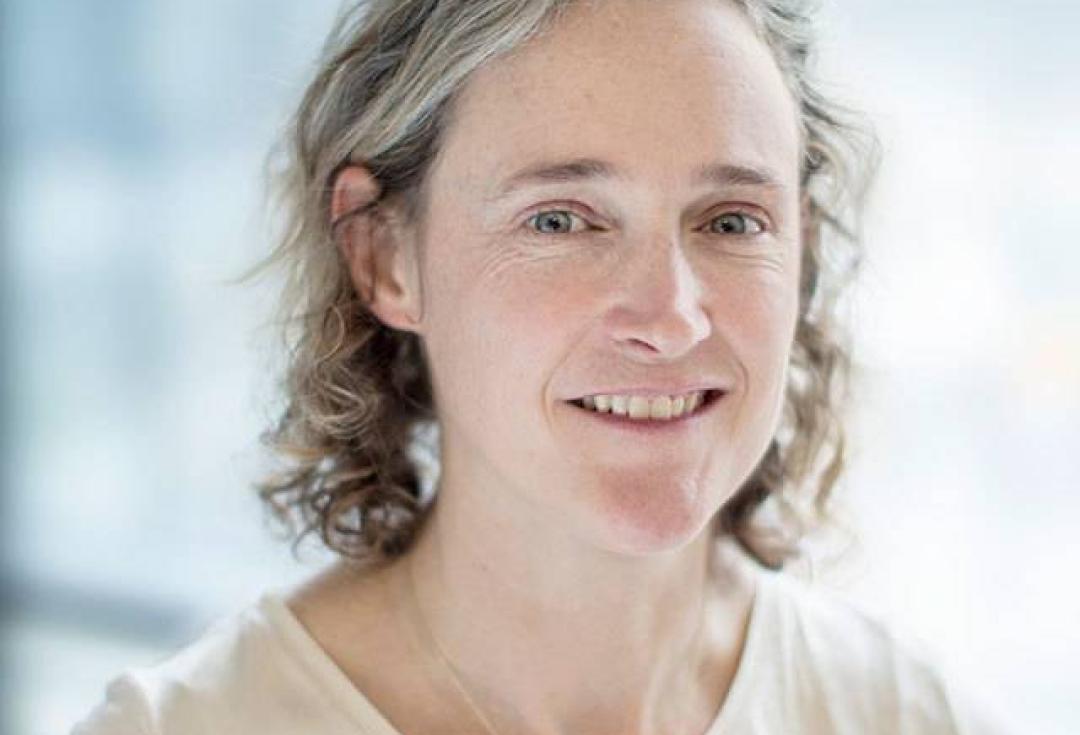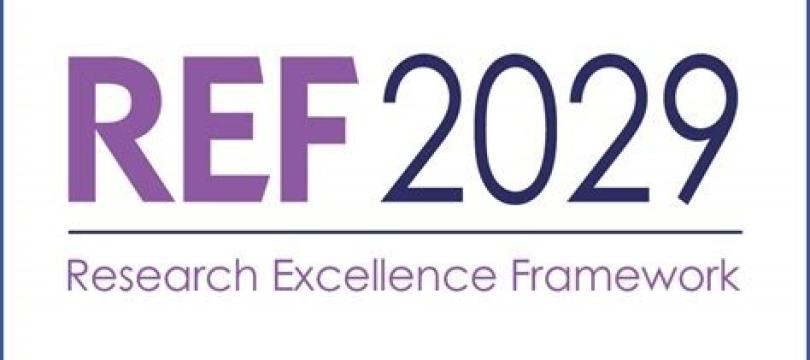A principled approach to learning offers for Community Research Partnerships
The NCCPE and the Young Foundation have led a consortium of partners in a UKRI-funded project, to explore learning and development needs for those involved in community research partnerships.

In the second blog in this series, the team share the principles that people in research, broker and community roles told us should underpin any provision which develops their capability and capacity for being involved in a community research partnership.
Together, we co-designed a set of core principles for how learning and development should be delivered. We also created additional prompts about how these principles might be applied in creating infrastructure for community research partnerships at a national and local level. These principles should lay the foundations for effective, inclusive learning and development – which is more important than the content itself.
Address power imbalances
This was a key consideration for participants and included the importance of practicalities e.g. fair payment practices, and the importance of involving all those involved in community research partnerships in any training or development opportunities - including those whose voices are often ignored.
Value Learning
In any activity, ensure there is time to identify and reflect on learning; to learn from one another; to share the learning with others; and make the time commitments and intended benefits clear from the start.
Locally driven, national influence
Recognise and value the local contexts of the partnerships, building on the assets already there, and recognising how this reflect on partnerships. Balance this with sharing learning at a national level - to celebrate and learn.
Meaningful outcomes
Support those involved to define the outcomes important to them, and tailor the support to meet these needs. This could include building leadership capacity, providing high quality research insight, and ensuring the communities involved are not negatively impacted by their involvement.

Participants in the project were keen to emphasise that many of the principles for how learning and development should happen were the same as the principles behind how community research partnerships should work in practice.
Grounded in reality
Ensure that learning is grounded in the everyday work of communities. Participants favoured approaches that were linked to real projects. There was a desire to see learning activities be respectful of different contexts, experiences and roles.
Accessible and inclusive
Whilst accessible and inclusive learning was a priority for participants, there were a variety of expectations about what this should or could look like. Offering a range of access points, for people with different amounts of experience of community research partnerships was considered important, as was removing potential barriers such as fees or expenses to participate. Equity, Diversity and Inclusion (EDI) should be embedded, with any activities reviewed for accessibility and inclusion. This includes use of language and approaches to learning.
Co-produced
Participants favoured learning and development activities that are co-produced and co-delivered with potential participants, including communities, brokers and researchers.
Sustainable
There was interest in how to ensure that any provision was sustained and the impact of funding on this. For instance, if supported by a national funder initially, could learning and development activities then be funded by universities who are part of community research partnerships in their local area.
Participants noted that these principles were more important than the content of any activities, or how they were run. They reflected similar commitments to the nature of how community research partnerships should be supported from the outset, with participants reflecting that this often was not the case. Therefore, it was important to ensure that any learning development work exemplifies what good practice can look like.

Principles such as clarity of purpose, flexibility, and inclusive design offer a hopeful framework. Personally, peer-to-peer learning has been invaluable, fostering a sense of shared purpose and enhancing our collective capacity to amplify community voices.
Applying the principles
We hope that the principles outlined here can be used to underpin learning approaches and partnership development across research and innovation.
Consortia members involved in this scoping project are already reflecting them in their own practices. At UKRI this includes foregrounding the principles of being accessible and inclusive and addressing power imbalances, in the Highlands and Islands Climate Change Community Grant, delivered with British Science Association and Science Ceilidh. Appropriate resourcing was included to allow participation by everyone involved - including communities living in very remote locations and independent researchers - and attention was paid to language used in bringing together people of different backgrounds and experience. In the Community Knowledge Fund, delivered in partnership with The Young Foundation, community organisations co-produced their own learning and support programme to help them refine, further test, and start to grow their research and innovation projects.

At University of Plymouth we recognize that through listening and working collaboratively it can be possible find ways to help communities imagine just futures. Looking ahead we can see how these principles can strengthen the ability of universities working with communities to build capacity and capability at both a local and a national scale.
Looking Ahead
These principles are core to the approach being taken with the Community Research Networks programme, which is supporting networks led by community organisations across the UK over the next five years. A major investment from UKRI that is being delivered in partnership with The Young Foundation, this programme will establish a culture of learning both within and between the networks. It will foreground the value of local assets and knowledge generated in partnership, whilst also taking a wider view nationally of how the networks’ learnings and insights might influence other regional and national agendas, research and policy.
The Local Policy Innovation Partnerships (LPIPs) are also applying the principle of being locally driven and having national influence. Partnerships in each of the four nations of the UK, including local communities, civil society and business institutions, and universities will be supported by a consortium, led by City Region Economic and Development Institute, at the University of Birmingham, with NCCPE. They will work with national and local government to enhance their partnerships’ ability to generate insight into local challenges and opportunities and implement evidence-informed, actionable solutions.
We look forward to working with others in the sector who are offering support for community research partnerships. The NCCPE continues to champion and provide expert advice and resources on effective and equitable partnership working.
More about the Community Research Partnerships Learning Programme scoping project
The NCCPE and Young Foundation worked alongside the University of Brighton; Trust for Developing Communities; Staffordshire University; the Get Talking network; and the British Science Association (BSA) on this UKRI funded project. The research focused on the question ‘What role could a professional development offer play in building capacity for more embedded, effective and equitable involvement of communities in Research & Innovation?’. Throughout the project, over 80 individuals from a range of perspectives were involved: 33% community organisations/ community researchers; 32% brokers; 29% researchers; 5% funders.
